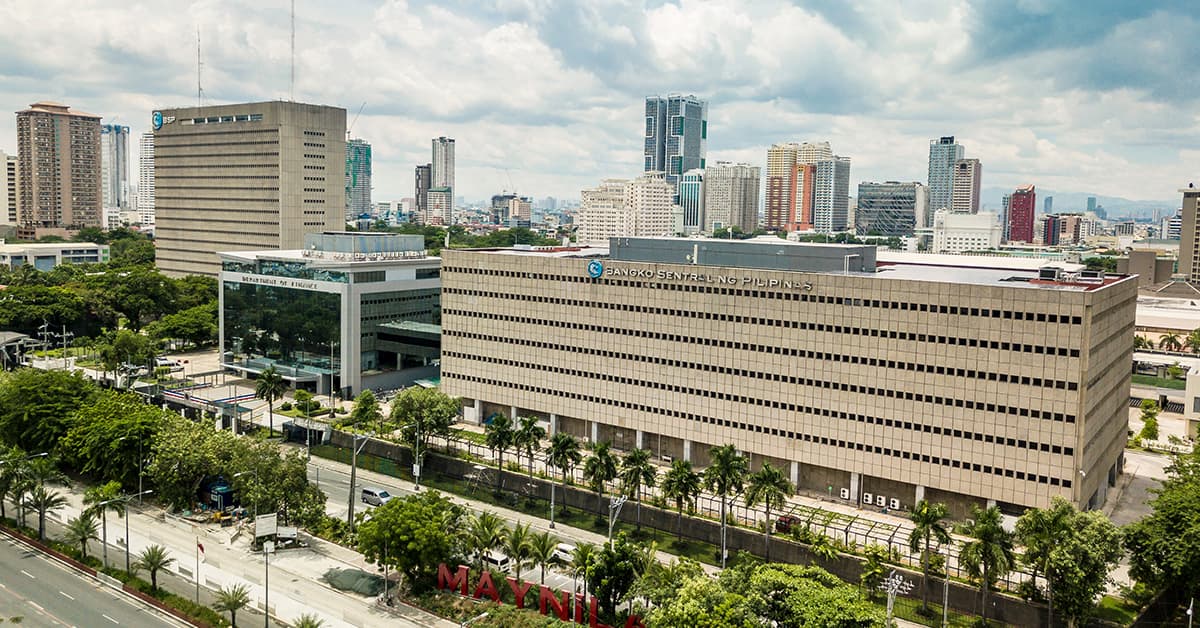The Philippine central bank is helping commercial banks get rid of bad loans to help jumpstart an economic recovery.

Most central bankers insist that their nation’s banks get rid of bad loans, but don’t offer much help. Not Bangko Sentral ng Pilipinas (BSP), the Philippines’ central bank, which won plaudits from Philippine banks for the February 16 enactment of the Financial Institutions Strategic Transfer (FIST) Act, which provides a pathway for offloading bad or doubtful loans to investors.
Speaking on Zoom in late March, BSP Governor Benjamin E. Diokno heralded the law’s promise of increasing critical liquidity supplies. In 2020, the Philippines saw GDP shrink 9.5%, the largest decline since the indicator was launched.
The Bankers Association of the Philippines (BAP) also expressed support for the bill, which allows a new type of special purpose vehicle—a FIST corporation, or FISTC—to acquire and manage non-performing assets (NPAs), including loans, from financial institutions. FISTCs are also able to engage third parties to manage and dispose of them. To tempt investors, the FISTCs enjoy various tax and fee breaks—an exemption from capital gains on the transfer of land, and a 50% discount on mortgage registration and transfer fees, to cite two examples. The BAP expressed hope that the act would let banks increase lending to spur economic recovery.
Luke Furler, Singapore-based partner and chief restructuring officer of AJCapital, remains skeptical. “It is a familiar strategy deployed both by governments and individual banks,” he says, pointing to Thailand and Ireland. But “it simply separates the dirty laundry from the rest,” he cautions. “The often-overlooked reality is that a NPL needs considerably more management than a performing loan.” In addition to advising borrowers to “get real” on their debt profiles, he recommends early engagement with lenders to ensure a prompt restructuring. “And then, turn your mind to preparing for the next time this happens,” he says. “What would you do differently?”



